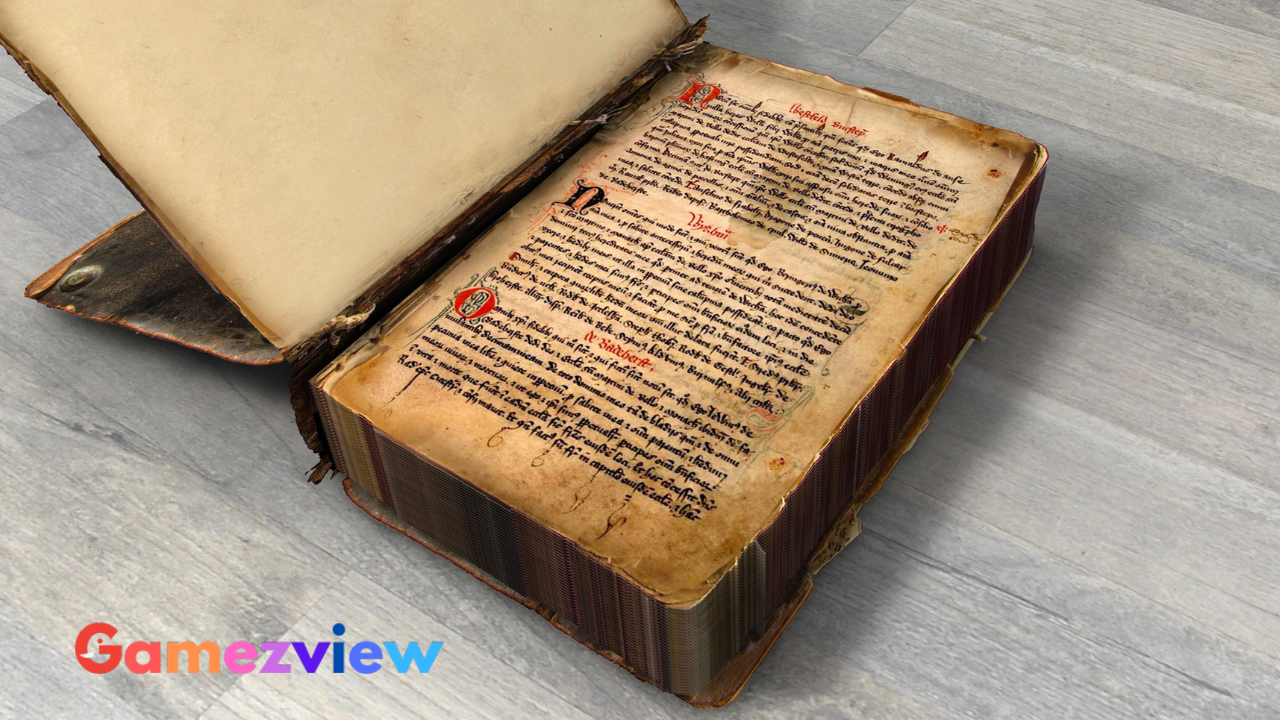Video games hold a unique place in our cultural heritage, serving as both entertainment and art forms that reflect the creativity and ingenuity of their creators. As technology evolves and gaming trends shift, there is a growing need to preserve classic titles for future generations. Game preservation ensures that these important pieces of our cultural history are not lost or forgotten, but rather celebrated and enjoyed for years to come.
Game preservation is the practice of archiving and maintaining video games, hardware, and related materials to ensure their long-term accessibility and availability. From iconic classics like Super Mario Bros. and The Legend of Zelda to lesser-known gems from indie developers, preserving these games is essential for understanding the evolution of gaming as an art form and cultural phenomenon.
Cultural Significance
Video games have become an integral part of modern culture, influencing art, music, film, and literature. Classic titles represent important milestones in gaming history, showcasing innovations in technology, storytelling, and gameplay mechanics. By preserving these games, we can gain insights into the social, political, and cultural contexts in which they were created, enriching our understanding of gaming as a form of expression and entertainment.
Historical Context
Like other forms of media, video games are subject to technological obsolescence and degradation over time. As hardware and software become outdated, older games may become unplayable on modern systems, leading to the loss of valuable cultural artefacts. Game preservation efforts aim to digitize and archive these games, ensuring that they remain accessible to future generations through emulation, digital distribution platforms, and museum collections.
Educational Value
Classic video games offer valuable educational opportunities for students, scholars, and enthusiasts alike. Studying these games provides insights into game design principles, technological advancements, and cultural trends. By preserving and documenting classic titles, educators can incorporate them into curriculum and research projects, fostering critical thinking and creativity among students.
Nostalgia and Sentimental Value
For many people, classic video games hold nostalgic and sentimental value, evoking memories of childhood and shared experiences with friends and family. Revisiting these games can provide a sense of comfort and connection to the past, offering a break from the stresses of everyday life. By preserving classic titles, we can ensure that future generations can experience the same joy and nostalgia that we do today.
Legal and Ethical Considerations
Game preservation efforts are often complicated by legal and ethical considerations, including copyright laws and intellectual property rights. Many older games are no longer commercially available, making it difficult to obtain legal copies for preservation purposes. Additionally, some publishers may be hesitant to support preservation efforts out of concern for piracy or unauthorized distribution. Balancing the need to preserve cultural heritage with respect for copyright laws and the rights of content creators is an ongoing challenge for the game preservation community.
Game preservation plays a vital role in safeguarding our cultural heritage and ensuring the continued accessibility of classic video games for future generations. By archiving and maintaining these important pieces of our shared history, we can celebrate the creativity and innovation of game developers, enrich our understanding of gaming as an art form, and provide valuable educational opportunities for students and scholars. As technology continues to evolve, we must prioritize the preservation of classic titles to ensure that they are not lost or forgotten, but rather cherished and enjoyed for years to come.
FAQs

What is game preservation?
- Game preservation is the practice of archiving and maintaining video games, hardware, and related materials to ensure their long-term accessibility and availability.
Why is game preservation important?
- Game preservation is important for safeguarding our cultural heritage, providing educational opportunities, and preserving the nostalgia and sentimental value of classic video games.
How are classic video games preserved?
- Classic video games are preserved through various methods, including emulation, digital distribution platforms, museum collections, and archival efforts by preservation organizations and enthusiasts.
What are some legal and ethical considerations in game preservation?
- Legal and ethical considerations in game preservation include copyright laws, intellectual property rights, and concerns about piracy and unauthorized distribution.
How can individuals support game preservation efforts?
- Individuals can support game preservation efforts by advocating for the importance of preserving classic titles, donating to preservation organizations, and participating in archival projects and initiatives.




